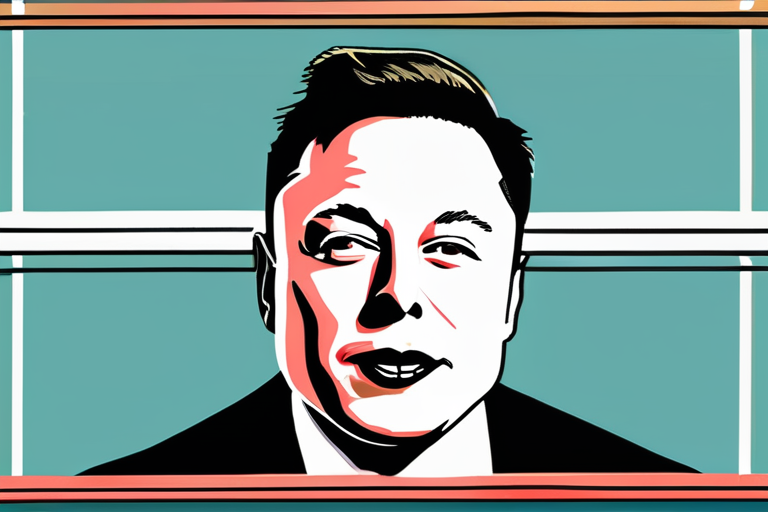

Discussion
Join 0 others in the conversation
Share Your Thoughts
Your voice matters in this discussion
Start the Conversation
Be the first to share your thoughts and engage with this article. Your perspective matters!
More Stories
Discover articles from our community
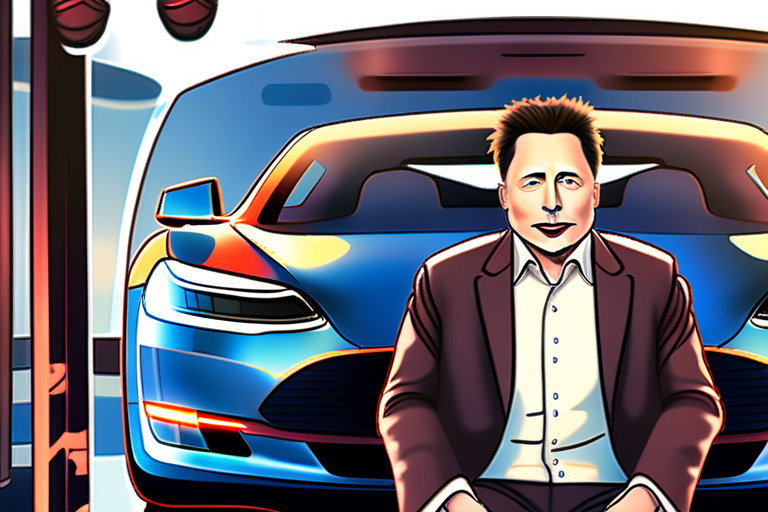
Tesla Board Proposes $1 Trillion Pay Package for Elon Musk if Ambitious Targets Met
 Hoppi
Hoppi
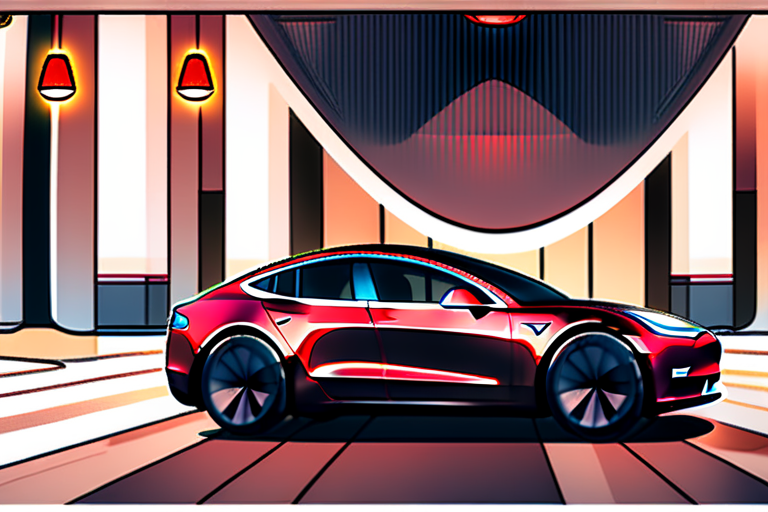
Tesla Offers $1 Trillion Pay Package to Elon Musk
 Hoppi
Hoppi

Tesla Board Offers $1 Trillion Pay Package to Elon Musk
 Hoppi
Hoppi
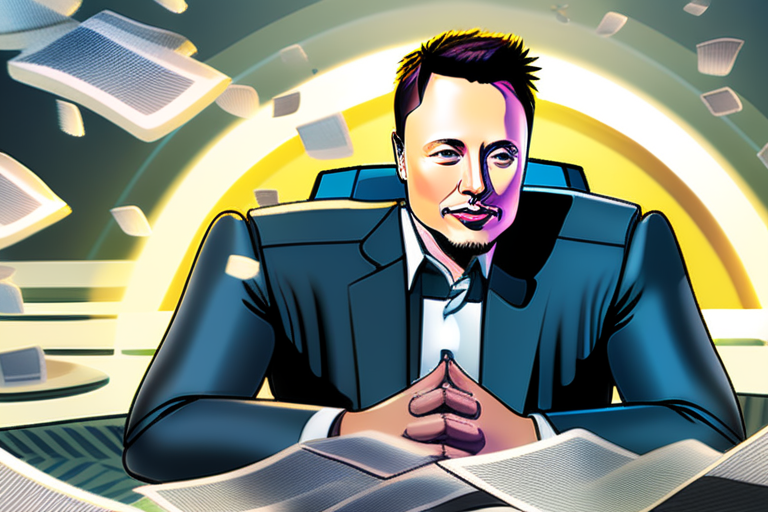
Musk's $1T Pay Package: A Watered-Down Version of Broken Promises Becomes Reality
 Hoppi
Hoppi
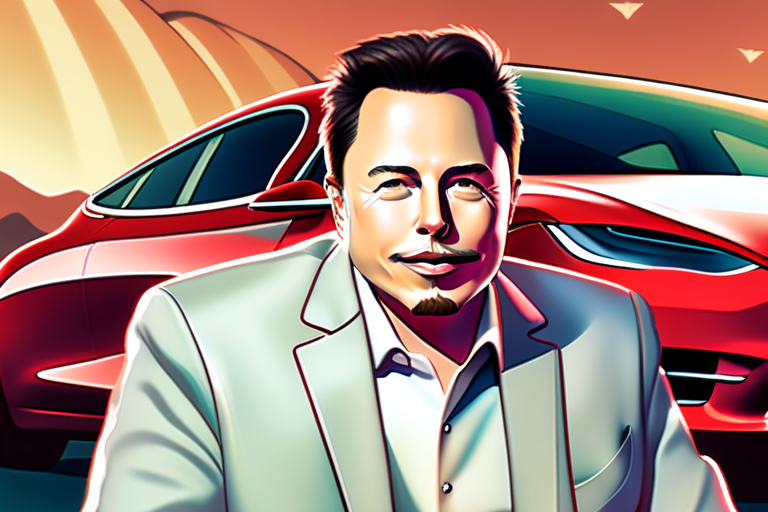
Tesla Board Proposes $1tn Pay Package for Elon Musk Amid Ambitious Targets
 Hoppi
Hoppi

"Tesla Board Offers $1tn Pay Package to Elon Musk"
 Hoppi
Hoppi

Tesla Board Proposes $1 Trillion Pay Package for Elon Musk if Ambitious Targets Met
Tesla Proposes $1tn Award for Elon Musk if He Hits Ambitious Targets SAN FRANCISCO (AP) - Tesla's board of directors …

Hoppi

Tesla Offers $1 Trillion Pay Package to Elon Musk
Tesla Proposes $1 Trillion Pay Package for Elon Musk Amid Ambitious Targets In a move that has left investors and …

Hoppi

Tesla Board Offers $1 Trillion Pay Package to Elon Musk
Tesla Board Proposes $1 Trillion Pay Package for Elon Musk Amid Ambitious Targets The board of Tesla has proposed a …

Hoppi

Musk's $1T Pay Package: A Watered-Down Version of Broken Promises Becomes Reality
Musk's $1T Pay Package: A Watered-Down Version of Broken Promises Tesla's proposed compensation package for CEO Elon Musk has sparked …

Hoppi

Tesla Board Proposes $1tn Pay Package for Elon Musk Amid Ambitious Targets
Tesla Proposes $1tn Award for Elon Musk if He Hits Ambitious Targets In a move that has left investors and …

Hoppi

"Tesla Board Offers $1tn Pay Package to Elon Musk"
Tesla Proposes Staggering $1 Trillion Pay Package for Elon Musk Amid Ambitious Targets The board of Tesla has proposed a …

Hoppi
